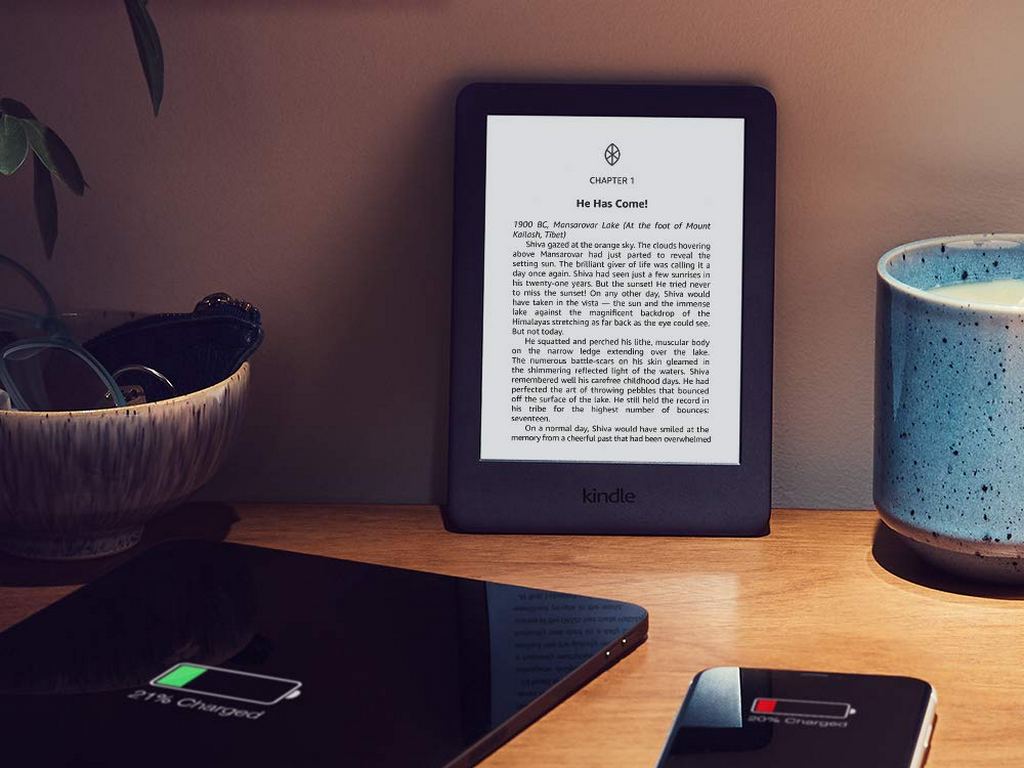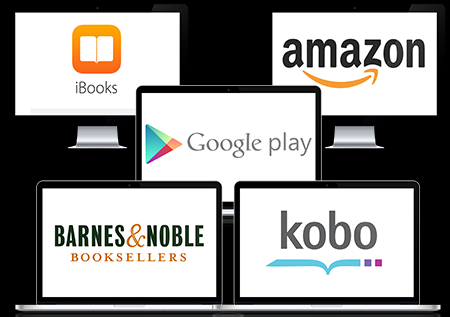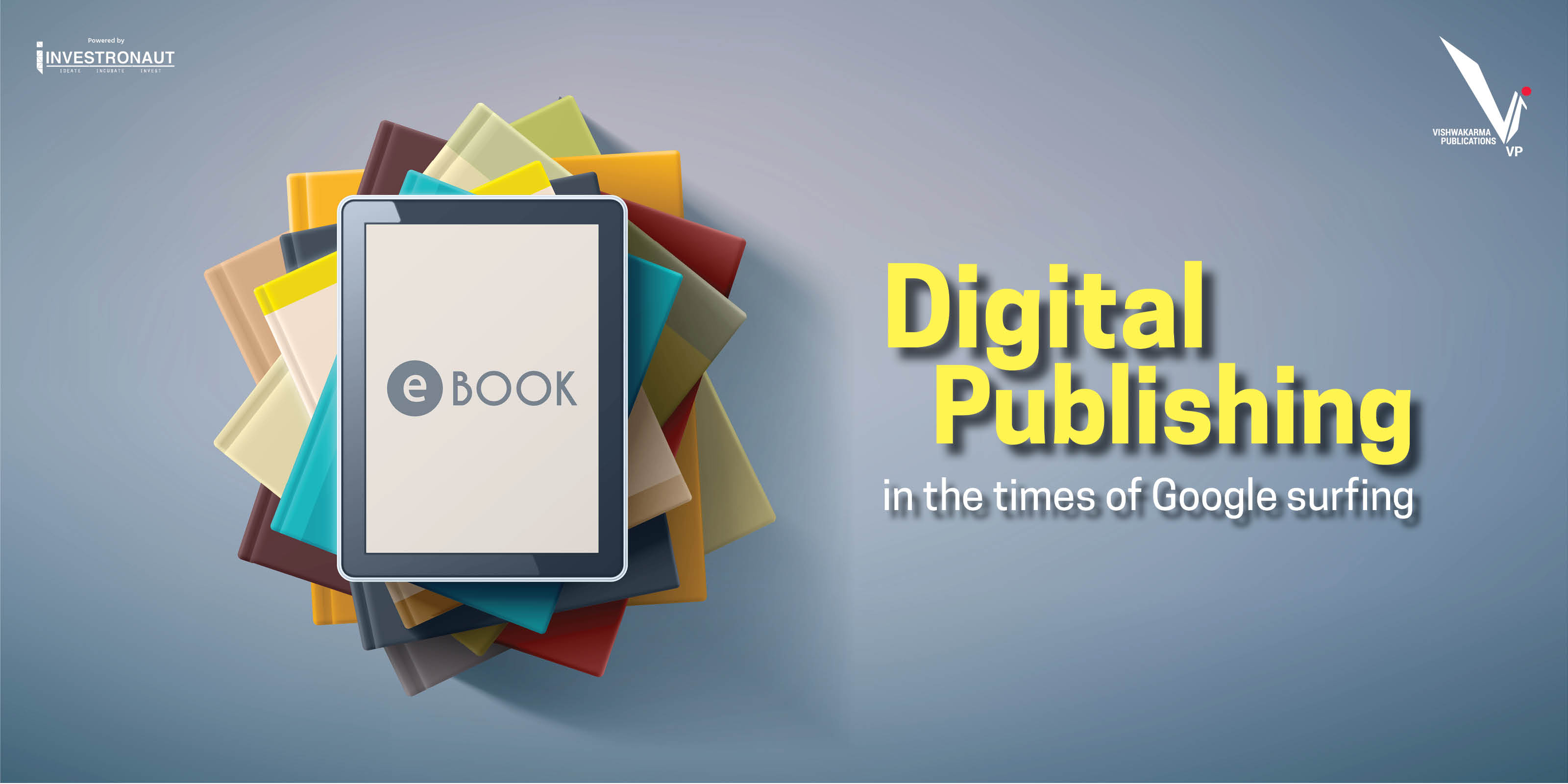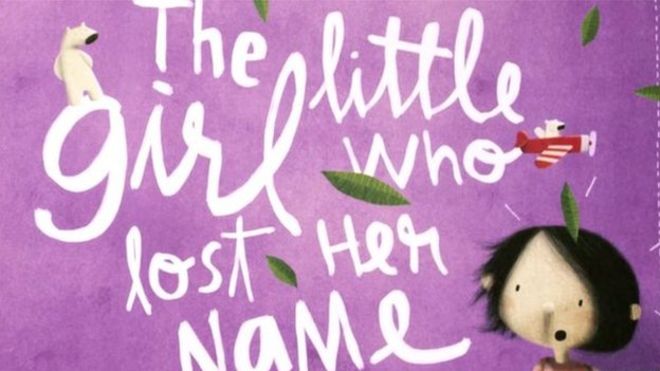e-Reader Tech – Gadget news
e-Reader Tech – Gadget newson Aug 23, 2019

Is Amazon’s Kindle Destroying the Publishing Industry?
This isn’t a new topic, but it also doesn’t seem to be going away. There are some very loud people convinced that the Kindle spells the end of the book and they’re quite willing to say so. In a very, very limited way, they’re right. The problem is that they’re missing the point. You see, books have come a long way already over the years. It doesn’t matter if you decide to cite oral tradition, serialized texts, or pretty much anything else as the origination point for the modern concept of the book, it’s not possible to deny that the book as we know it is an evolution from something else. The transition to the medium we know and love today, which is itself distinct from the books produced prior to the printing press for example, has allowed for more variety and enjoyment to emerge than ever before. The Kindle, and other e-Readers like it, is simply the next stage in the ongoing progression. It takes the established situation and makes it more efficient to deliver, less restrictive in terms of publication, and more generally accessible overall. In a way, this is the heart of the problem. The publishing industry isn’t built around the text. In the end, it doesn’t matter if they are selling the most amazing piece of literature ever written or the latest exploitation of the vampire romance novel phenomenon so long as people are buying. The industry makes its money by selling the book as a physical object and offering the person or people who produced the information inside a cut of the profit. If you take away the paper, their model seems less sustainable.
If anybody sitting at home can do the work to get a novel written, polished, and put up for sale with no need for a middle-man and at a higher percentage than the publishing houses are prone to offering, then what is the point of courting them? What we need to see now is some initiative on the part of these companies. What are they bringing to the table? It isn’t enough to cite history and what they’ve done before. If the Kindle is supposed to be single-handedly destroying publishing as we know it, you have to assume that it has more to do with what the public considers to be worth their money than it does with Jeff Bezos being an evil genius bent on taking over the world.
If they are going to stay afloat, people need to be informed about what advantages there are in going with a publisher. The doors need to open up a bit. If this isn’t enough, then it isn’t a sign that somebody is out to get them, it’s a sign that publishers simply aren’t providing authors with decent value anymore. The industry isn’t changing on a whim, it’s changing because things like the Kindle platform are making it possible for authors and readers to avoid the red tape and pointless markups that are left over from a time when successful publishing was literally impossible without an impressive backer. We’re moving on.
In a way, this is the heart of the problem. The publishing industry isn’t built around the text. In the end, it doesn’t matter if they are selling the most amazing piece of literature ever written or the latest exploitation of the vampire romance novel phenomenon so long as people are buying. The industry makes its money by selling the book as a physical object and offering the person or people who produced the information inside a cut of the profit. If you take away the paper, their model seems less sustainable.
If anybody sitting at home can do the work to get a novel written, polished, and put up for sale with no need for a middle-man and at a higher percentage than the publishing houses are prone to offering, then what is the point of courting them? What we need to see now is some initiative on the part of these companies. What are they bringing to the table? It isn’t enough to cite history and what they’ve done before. If the Kindle is supposed to be single-handedly destroying publishing as we know it, you have to assume that it has more to do with what the public considers to be worth their money than it does with Jeff Bezos being an evil genius bent on taking over the world.
If they are going to stay afloat, people need to be informed about what advantages there are in going with a publisher. The doors need to open up a bit. If this isn’t enough, then it isn’t a sign that somebody is out to get them, it’s a sign that publishers simply aren’t providing authors with decent value anymore. The industry isn’t changing on a whim, it’s changing because things like the Kindle platform are making it possible for authors and readers to avoid the red tape and pointless markups that are left over from a time when successful publishing was literally impossible without an impressive backer. We’re moving on.
Considering the Future of Kindle Publishing
We can take it for granted today that the future of book publication revolves around the eBook. Yes, I will acknowledge that it is unlikely to ever be the sole medium available to readers, but I would definitely say that it will be increasingly seen as the standard from here on out. This was obvious even before Amazon(NASDAQ:AMZN) announced their recent comparison of paperback and Kindle book sales. So, where does this leave the publishing industry? In many ways instances, new authors had come to see the big publishing houses as unapproachable. They had their big names that they were banking on and the chances of being the one new author in a hundred, or a thousand, to get a positive response was daunting. People have said that more authors are springing up than ever before. I don’t buy that. People write and it’s only now that it’s been possible for even hobbyists to get their work out there. That is what the move to digital book platforms like Amazon’s means for writers. A chance to survive, or fail, on your own merits without the need of attracting a patron. At least in theory. You’re going from a traditional payment play to some form of micro-payment system where every person with a Kindle is a potential backer of your work. Sure you lose security in the process, but you’d have only had that if you managed to break in in the first place. It’s an interesting new environment that emphasizes different values than we might expect. The downside of self-publishing, no matter how easy the actual process of book creation is, is self-promotion. Not much of a chance that you’re going to be the next big thing if you can’t let people know that you wrote a book, that your book is about something they might be interested in, and, at a slightly later stage, that there are people who have read your book and enjoyed it. Word of mouth is useful, of course, but really this seems to turn writers into public figures to an unprecedented degree and would seem to cause success or failure to rest on the endurance and adaptability of the author rather than the strength of the work they have produced.
I’m going to admit that when I started writing this, I was taking a negative view on that. It seems to cheapen the experience and draw value away from what I really believe to be the only thing that should matter when you’re deciding what to read: the Book. But really, what’s new there? The only difference now is that readers really have a chance to vote with their wallets.
If you have a nearly unlimited field of books to choose from, it can’t be worse than an industry that seems to have basically coasted along on a couple dozen big names for as long as anybody can remember, can it? Yes, we’ll lose some great authors at the side of the road because they didn’t have the drive, personality, time, skills, or whatever, to be their own publicists, but there’s not much doubt in my mind that we’ve been losing far more than that before now than ever will be the case again. So…gonna go with the Kindle platform and its attached self-publishing options as being a good thing in my opinion. The draw away from the big publishing houses should help more than it hurts, I hope.
It’s an interesting new environment that emphasizes different values than we might expect. The downside of self-publishing, no matter how easy the actual process of book creation is, is self-promotion. Not much of a chance that you’re going to be the next big thing if you can’t let people know that you wrote a book, that your book is about something they might be interested in, and, at a slightly later stage, that there are people who have read your book and enjoyed it. Word of mouth is useful, of course, but really this seems to turn writers into public figures to an unprecedented degree and would seem to cause success or failure to rest on the endurance and adaptability of the author rather than the strength of the work they have produced.
I’m going to admit that when I started writing this, I was taking a negative view on that. It seems to cheapen the experience and draw value away from what I really believe to be the only thing that should matter when you’re deciding what to read: the Book. But really, what’s new there? The only difference now is that readers really have a chance to vote with their wallets.
If you have a nearly unlimited field of books to choose from, it can’t be worse than an industry that seems to have basically coasted along on a couple dozen big names for as long as anybody can remember, can it? Yes, we’ll lose some great authors at the side of the road because they didn’t have the drive, personality, time, skills, or whatever, to be their own publicists, but there’s not much doubt in my mind that we’ve been losing far more than that before now than ever will be the case again. So…gonna go with the Kindle platform and its attached self-publishing options as being a good thing in my opinion. The draw away from the big publishing houses should help more than it hurts, I hope.

.jpg)
.jpg)
.jpg)
.jpg)
.jpg)

.jpg)
.jpg)
.jpg)
.jpg)
.jpg)



.jpg)
.jpg)








Sorry! No comment found for this post.